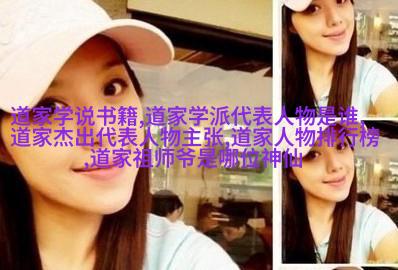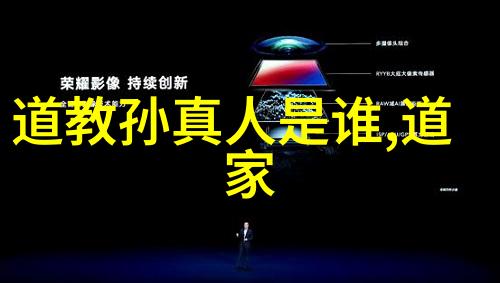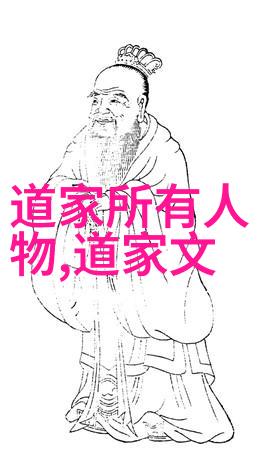Understanding the Role of Qi in Traditional Chines
Understanding the Role of Qi in Traditional Chinese Medicine and Daoism

Introduction
Traditional Chinese Medicine (TCM) has been practiced for thousands of years, with its roots deeply embedded in ancient Chinese philosophy and culture. At the core of TCM lies the concept of "Qi" (pronounced as "chee"), a vital energy that flows through every living being. This concept is also central to Daoist philosophy, which emphasizes living in harmony with nature and achieving balance within oneself. In this article, we will explore the role of Qi in both TCM and Daoism, examining how it relates to health, well-being, and spiritual growth.

The Concept of Qi
In TCM, Qi is considered to be an essential life force that circulates throughout the body via twelve main channels or meridians. These channels are believed to connect specific organs with each other, forming a network that regulates various physiological processes such as digestion, respiration, circulation, etc.

The flow of Qi can be influenced by various factors such as diet, lifestyle habits like exercise or sleep patterns; emotions like stress or anger; environmental conditions like weather changes; even seasonal variations. Imbalances in Qi flow are thought to contribute to illness or disease.
Daoist philosophy further deepens our understanding by relating Qi not just to physical health but also spiritual development. The idea is that cultivating inner balance allows individuals to align themselves with natural order (the Tao), thus promoting overall well-being.

Daoist Classics: Unveiling Wisdom
Several classic texts from Daoist literature offer profound insights into understanding the role of Qi:

Laozi: Laozi's Tao Te Ching, a foundational text often referred to as Daodejing, contains numerous passages addressing the significance of maintaining equilibrium between yin-yang forces – representing opposing principles found universally across all aspects - including human physiology where they relate directly back into balance within oneself.
Zhuangzi: Zhuang Zhou’s Chuang Tzu, another important work offering wisdom on finding one's place amidst change & uncertainty while staying connected with nature’s rhythms & cycles – effectively aligning oneself towards greater unity & harmony among all things including one's own internal workings.
3.Liezi: Lie Yukou’s Liezi; this book provides insights on how humans may interact harmoniously with their environment through mastering techniques related specifically towards attuning self-energy levels so they resonate more closely together — fostering a sense deeper connection between individual consciousnesses & universal energies influencing their lives at large scale levels too!
These philosophical perspectives show us how connecting ourselves spiritually leads toward better physical health because when we feel balanced internally then external circumstances seem less impactful leading ultimately upholding higher quality standard lifestyles daily routines consistently improving over time naturally without conscious effort needed anymore!



